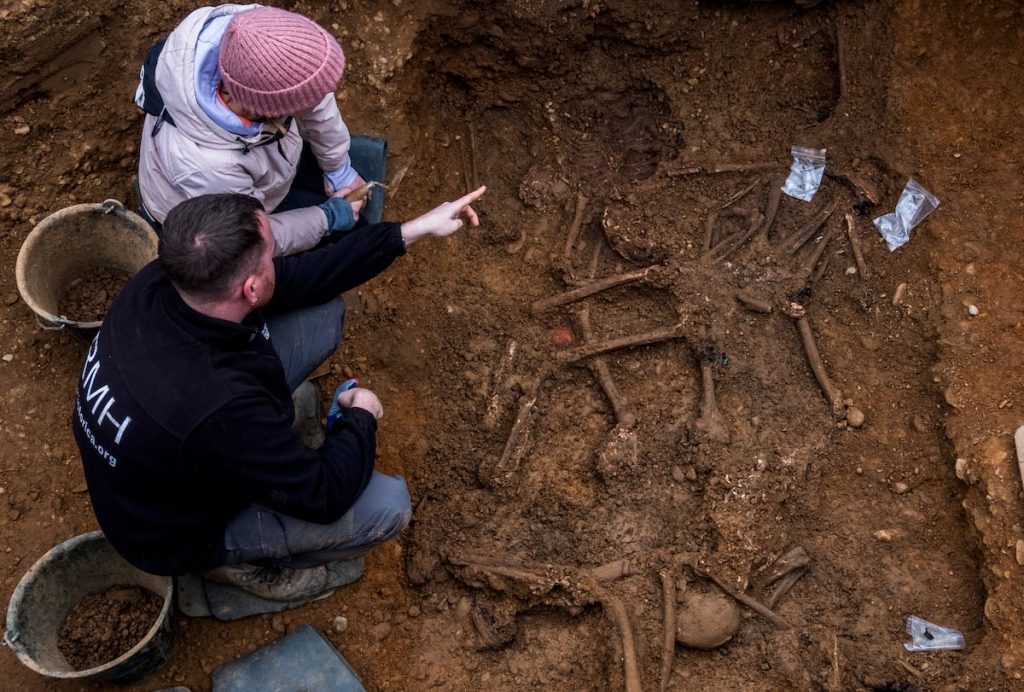The author reflects on the political changes that took place in Spain during their adolescence, such as the death of Franco, the negotiation of collective agreements with police shootings in the streets, the amnesty for all, and the approval of the Constitution. The Transition period established a barrier that excluded those who did not accept democratic rules from the new legality. The author criticizes the People’s Party for breaking down this barrier by giving voice to the far-right with dirty tricks and excellent marketing. The author believes that other political parties will have to rebuild this barrier, remember history, update it, and stop with the excuses.
The author shares a personal anecdote about their family members, highlighting the struggles of each generation. The author’s father is 72, retired, and shares an apartment with two other people. Their mother is 59, works as a cleaner, and is also in good health. The author, who is 31, has been working since the age of 14 and is currently saving up with their partner to rent an apartment. The author questions whether some humans are disposable based on societal standards of living alone being considered a luxury in certain areas.
The author questions the justification of Israel’s actions in Gaza, particularly in response to the argument that “Israel has the right to defend itself.” The author criticizes the idea that this right justifies the destruction of homes, schools, hospitals, and the killing of innocent civilians through continuous bombings and blockades. The author challenges the notion that advocating for an end to this violence equates to supporting Hamas, emphasizing the importance of distinguishing between defense and disproportionate violence.
A pregnant woman reflects on her experience of teleworking while eight months pregnant. Despite physical discomfort and emotional needs, her boss dismisses her request for maternity leave citing lack of physical risks in her position. The author emphasizes the toll of excessive productivity on both physical and emotional well-being, urging individuals to prioritize vital life moments and live them fully.
The reflection unveils the societal pressures and expectations placed on individuals to maintain high productivity levels, even at the expense of their health and well-being. The author urges for a reevaluation of priorities and a shift towards valuing emotional and personal needs over relentless productivity. The piece serves as a critique of a culture that prioritizes work and productivity over essential human experiences and relationships.















